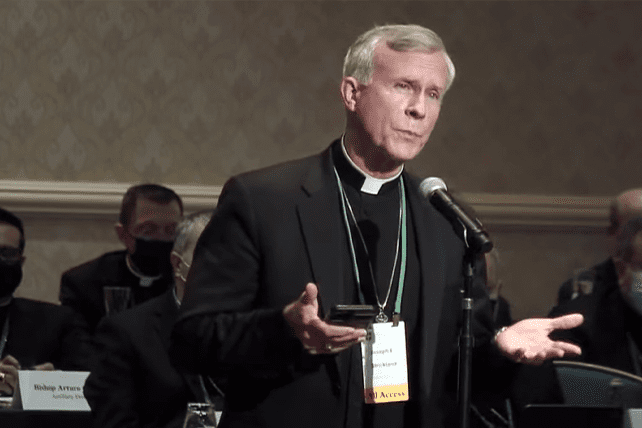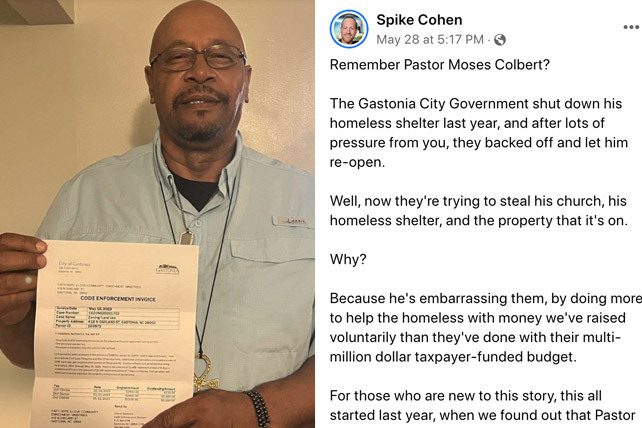Most believers want to grow spiritually. But often we stumble in our efforts to grow. Is there a key or a silver bullet that catalyzes our spiritual formation? Willow Creek’s Reveal survey of several thousand churches revealed not a silver bullet, but the number one catalyst that believers said contributed most to their growth: Bible reading and reflection.
The great leader Nehemiah shows us eight ways to engage with God’s Word for maximum impact. The wall had been built and Ezra gathered the people together and read God’s word to them. Chapter eight shows us these eight concepts.
- Congregation: engage God’s Word in community with others. (v1—the people were brought together as God’s Word was read and taught). Hebrews 10:24-25 admonishes us to regularly assemble together.
- Attention: what gets paid attention to gets remembered. (v. 3—they listened attentively). A fundamental principle of learning and memory says that we learn what we pay attention to. The more we learn and remember, the more the Holy Spirit has to work with to effect change in our hearts. What we pay attention to actually causes our brain to change. It’s called neuroplasticity.
- Appreciation: show respect for God’s Word. (v. 5—they stood as God’s Word was read showing respect for it). When we respect God’s Word we are respecting its author.
- Explanation: develop a learning mindset. (v 7—the Levites explained to the people what the Scriptures meant). We must be teachable for God’s Word to change us.
- Application: do what it says. (chapter 9 describes that the people made direct application to their lives by making a commitment to be holy and to give). Neuroscientists have discovered that what we apply directly to our experience sticks with us the longest.
- Do not merely listen to the word, and so deceive yourselves. Do what it says. (James 1:22)
- Connection: Let God’s word stir your heart. (v 9—the people were convicted of their and their ancestors’ sins when God’s Word was read). When we read the Bible we must lay our hearts open for the Holy Spirit to bring appropriate conviction of our sins.
- For the word of God is alive and powerful. It is sharper than the sharpest two-edged sword, cutting between soul and spirit, between joint and marrow. It exposes our innermost thoughts and desires. (Heb. 4:12)
- Repetition: What gets repeated gets learned. (v 18—Ezra read God’s Word to them daily). Learning experts have discovered that cramming information at the last minute does not last. Only repeated exposure over time will last. If Sunday is a person’s only encounter with Scripture, they won’t experience the change that could happen were they to engage the Scriptures on a daily basis.
- Satisfaction: Enjoy God’s word. (v 10—Nehemiah encouraged the people to no longer weep but to revel in the truth that the joy of the Lord was their strength). Engaging and embracing God’s Word is not like eating your broccoli. Rather the Bible describes itself like tasty food.
- When your words came, I ate them; they were my joy and my heart’s delight, for I bear your name, O LORD God Almighty. (Jer. 15:16)
The Psalmist captured the essence of the how we should approach and engage God’s Word.
I rejoice in your word like one who discovers a great treasure. (Ps. 119:162)
What concepts about God’s Word has spurred your spiritual growth?
This article originally appeared here and is used by permission.







 There are three ingredients everyone needs to experience fulfillment long-term. And you can share them with others at no cost. In fact, offering these three ingredients will benefit you as well.
There are three ingredients everyone needs to experience fulfillment long-term. And you can share them with others at no cost. In fact, offering these three ingredients will benefit you as well.

















